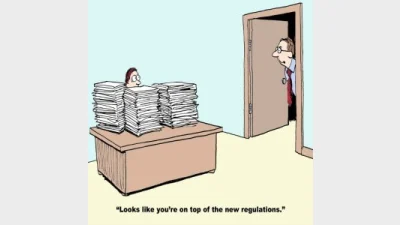Licensees wanted remediation ‘opt-in’ says ASIC



A number of financial services licensees have argued that clients should be made to “opt in” to the remediation process surrounding fee for no service, according to the Australian Securities and Investments Commission (ASIC).
In new information uncovered during yesterday’s public hearings of the Royal Commission into Misconduct in the Banking, Superannuation and Financial Services Industry, ASIC deputy chairman, Peter Kell, said the regulator had faced resistance from licensees on the remediation issue including some firms wanting their clients to “opt-in”.
“So we’ve ended up having, at times, reasonably vigorous debates around the scope of the review and how many licensees should be included,” he said. “We had discussions with some firms who wanted to suggest that a remediation program where consumers had to actively opt in to get remediation was appropriate.”
Kell said this ran counter to ASIC’s view which was that, given the passive nature of many of the fees, “opt-in” would not be the right way to go.
The ASIC deputy chairman also pointed to some firms arguing about the length of remediation programs and “whether a mere offer to conduct an annual review to the client – even if that wasn’t taken up or the client couldn’t be contacted – whether that was sufficient to allow a fee to be charged”.
“All of those issues and more, frankly, have been, at times, in dispute,” Kell said.
Recommended for you
The top five licensees are demonstrating a “strong recovery” from losses in the first half of the year, and the gap is narrowing between their respective adviser numbers.
With many advisers preparing to retire or sell up, business advisory firm Business Health believes advisers need to take a proactive approach to informing their clients of succession plans.
Retirement commentators have flagged that almost a third of Australians over 50 are unprepared for the longevity of retirement and are falling behind APAC peers in their preparations and advice engagement.
As private markets continue to garner investor interest, Netwealth’s series of private market reports have revealed how much advisers and wealth managers are allocating, as well as a growing attraction to evergreen funds.











